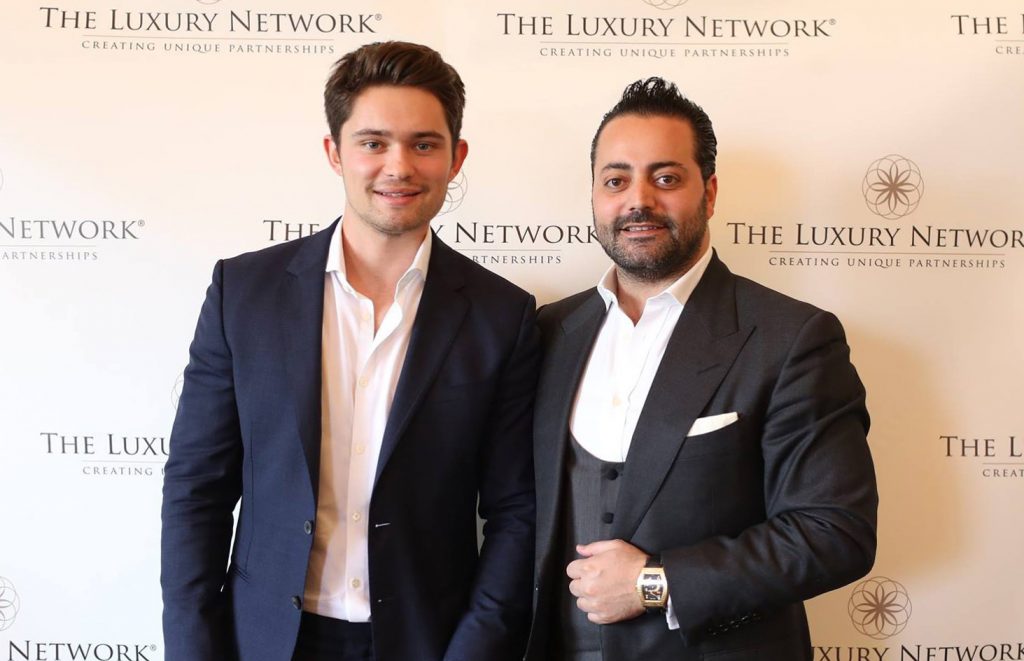
Affinity marketing, also known as partnership marketing, facilitates collaboration between companies with similar demographics, increasing customer base and brand prestige.
In the luxury industry, high-end brands are targeting a high-net-worth buyer, so marketing efforts need to be extremely specialized and specific.
Affinity marketing in the luxury space allows brands to access these pre-qualified buyers through co-branding and joint events with other marketers that have the same target customer.
In bed with
Brand partnerships can be very valuable, but marketers must make sure that the brands with which they align are non-competitive, share the same values and have a qualified client base.
The luxury industry is currently experiencing fluctuation in the face of mass digitization and shifting customer attitudes.
Experiences, rather than tangible goods, are becoming increasingly valuable to consumers, and luxury goods brands need to adapt.
Experiential events are emerging as an advantageous affinity marketing tactic to reach affluent customers.
We have seen this trend for non-luxury consumer brands such as Casper, which outfitted a retro airstream trailer with its mattresses and black-out curtains, so customers could experience the mattress in space with a bedroom-like feel.
In the luxury space, Savills Singapore, a global real estate services provider, and Ferrari teamed up for a supercar test drive and luxury properties showcase evening.
While Savills represents properties worth $2 million and above, high-performance Ferraris cost more than $1 million. This by-invitation only event is fitting for both brands targeting the same demographic clientele.
Ferrari was able to offer invitation-only test-drives to Savills’ customers. Likewise, Ferrari’s customers previewed pre-launched off-market luxury properties by Savills. This creates a superb win-win situation for both brands through an exclusive event, which can also expand into the digital realm.
On track
While social media can be tricky for luxury brands because the aspect of exclusivity must be maintained, there are opportunities for brands to appeal to desired customers with a refined approach.
For example, photos from the event could be featured on each brand’s social media and other digital properties to drive further awareness and showcasing the experiential aspect of each brand.
Digital co-branding is also a way that brands can experiment with affinity marketing.
Oculus Rift and Lexus collaborated on a virtual reality mobile application that let fans take their RC F model for a spin on the Ascari racetrack in Spain from the comfort of their couch.
Luxury brand marketers’ biggest concern is that they are reaching the right consumers who have the means to purchase their products or services.
Affinity marketing leverages a brand partner’s database of clients to ensure that the right people are targeted in a unique and engaging way.
This article was originally published on Luxury Daily
